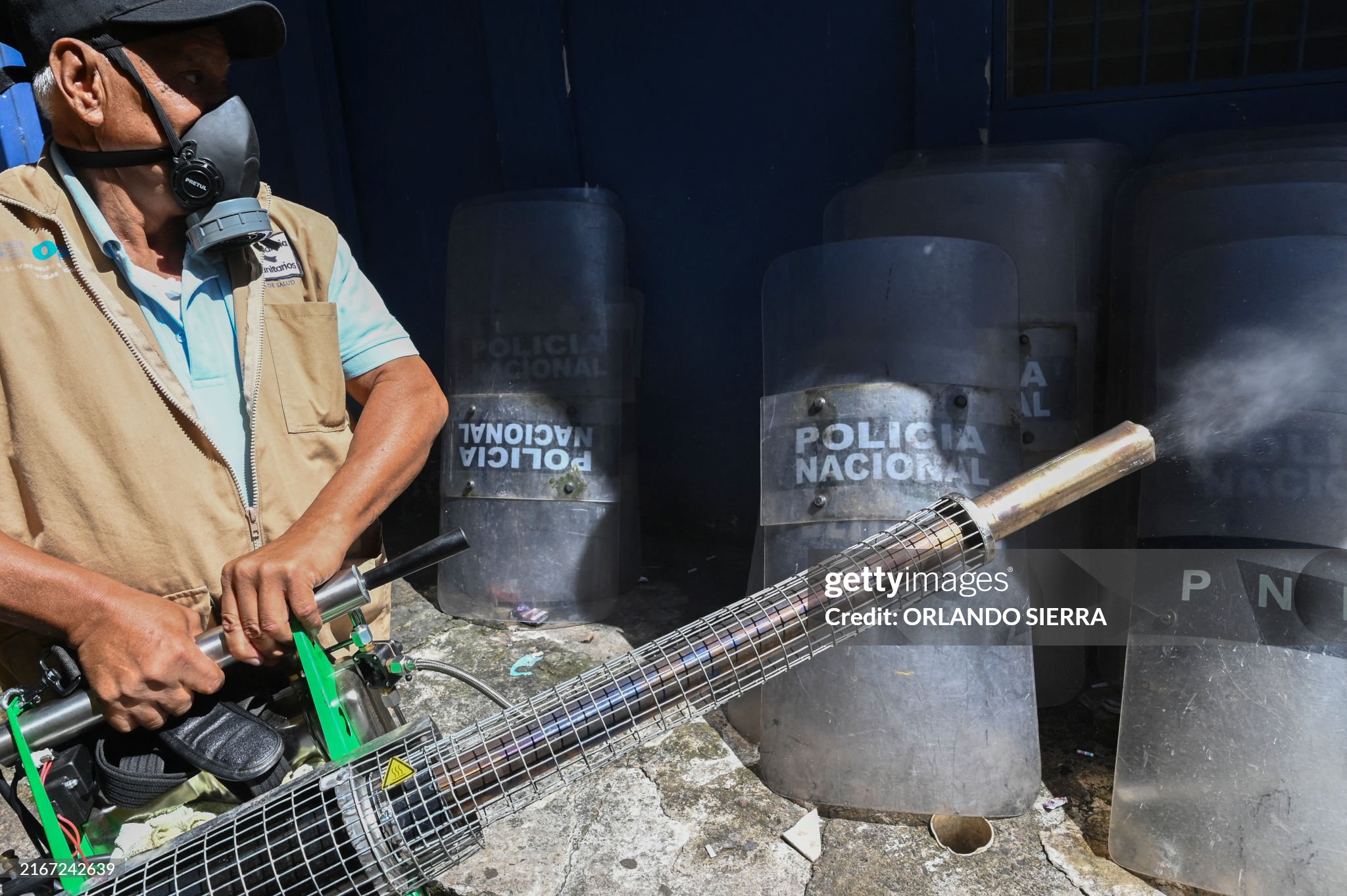Deadly mosquito disease is causing Mass. towns encouraging people to stay inside the evenings
The mosquito-borne disease is extremely rare, yet it can be fatal around 30 percent of people who have the virus die. Moreover, many of those who survive have persistent neurological issues.
By Anumita Kaur
Aug 26, 2024 12:57 AM
A deadly and rare illness spread by mosquitoes has put more than dozen Massachusetts communities on the alert and causing certain towns to close their parks at dusk, ban outdoor activities and alter the schedule of public events.
Massachusetts Health officials Massachusetts health officialsthis month announced the state’s first human instance of the equine encephalitis virus of the eastern region this year. It was an elderly man was who was exposed to the virus in Worcester County, west of Boston. Ten communities are now classified at risk of being high or critical for contracting the virus health officials announced on Saturday. Plymouth located about 40 miles to the south of Boston the city, has closed all fields and public parks between dusk and dawn during the times mosquitoes are active. In the nearby town of Oxford, Oxford banned any outdoor activity on the town’s property until 6 p.m.
“We have not seen an outbreak of EEE for four years in Massachusetts,” Robbie Goldstein, the state’s department of public health’s commissioner issued an announcement. “We need to use all our available tools to reduce risk and protect our communities. We are asking everyone to do their part.”
Eastern equine encephalitis can be result of a virus that is spread by the bite of a mosquito infected, as per the Centers for Disease Control and Prevention. It’s not common however it can be serious. 30% of those suffering from the virus die. Moreover, the majority of people who have survived suffer persistent neurological issues.
The outbreak of the virus in Massachusetts is occurring as the mosquito season is getting longer throughout all of the United States, The Washington Post stated. Climate change has led to rising global temperatures and, for more than two-thirds the United States, increased the amount of “mosquito days,” meaning that there aredays that have the average of 42 percent and temperatures that range between 50 to 95 degrees.
It is believed that the Northeast has been warmer than the rest of the country, and has witnessed the largest rise in mosquito-related days. In Massachusetts there was at least 14 additional mosquito days in comparison to the time period of the year 1980 until 2009.
Scientists are warning that Scientists warn thatlonger mosquito season could increase the likelihood of a spread of illnesses carried by blood sucking insects, like malaria and dengue.
Massachusetts medical officials stated thatthere will be mosquito spraying at dawn and dusk during this week, in Plymouth as well as Worcester counties in order to reduce the spread of the equine disease known as eastern equine encephalitis.
“Aerial spraying will target mosquitoes carrying the EEE virus. While these measures are crucial for reducing transmission risk, it’s vital for everyone to stay vigilant and follow personal protection guidelines to safeguard our community,” Massachusetts Department of Agricultural Resources Commissioner Ashley Randle said in a statement.
Residents are advised to use repellents against mosquitoes, remove any standing water in their homes, dress in clothes that cover the skin and alter outdoor activities so that they don’t fall during the time between dawn and dusk.
The symptoms of people infected by the virus may include headache, fever vomiting and diarrhea, as well as seizures, changes in behavior and the feeling of drowsiness. There aren’t any vaccines to protect against eastern equine encephalitis and there is no specific treatment.
In the year 2019 12 people were diagnosed with instances of this virus across Massachusetts. Six people died. In the following year there were five human cases and one person died, according to the health department of the state.
In an email sent on note sent on Wednesday memo the town manager of Oxford, Jennifer M. Callahan told the Oxford Times that she is in contact to the relatives of the individual who was infected by the virus in the past year and continues to battle it in a hospital.
A family “explained their loved one with EEE was the one person in the family who recounted through the years they never get bit by mosquitos,” Callahan stated. “However, right before he became symptomatic he shared that he had been recently bitten.”
“They want people to be aware this is an extremely serious disease with terrible physical and emotional consequences, regardless if the person manages to live,” Callahan stated.










